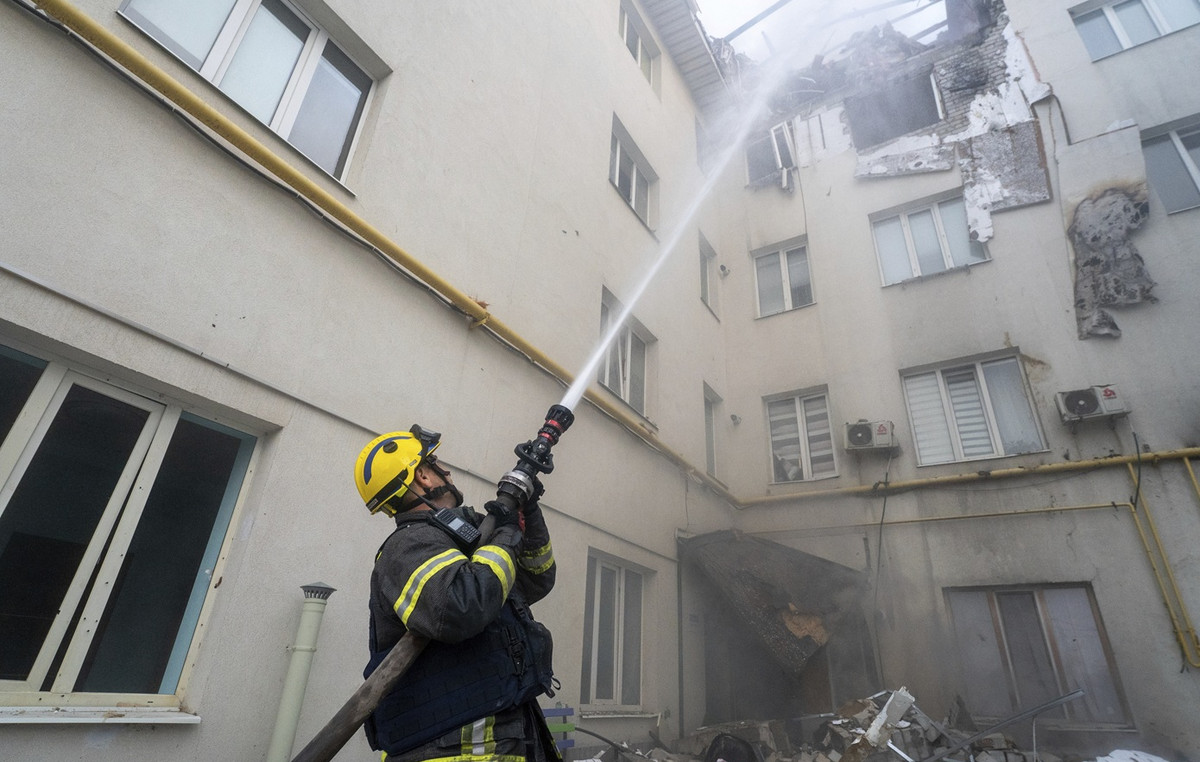The Senate plenary unanimously approved, on Tuesday (25), a bill that should allocate up to R$ 2 billion to Santas Casas and philanthropic hospitals that complement the Unified Health System (SUS).
The matter now goes to presidential sanction. The Senate rapporteur of the matter, Luis Carlos Heinze (PP-RS), recommended the approval of the bill without changes in relation to the original text.
The project does not mention the nursing salary floor or link the resources to the payment of personnel, but there are parliamentarians who hope that the resources can bring some fiscal relief so that Santas Casas and philanthropic hospitals can afford the amount, even if provisionally.
The text allows the reallocation of resources from funds in the area of health and social assistance when they come from federal transfers by states, municipalities and the Federal District until the end of the 2023 financial year. According to the project, these amounts must be applied, in preferably, in the cost of services provided by non-profit private entities that help the work of the SUS in the amount of up to R$ 2 billion.
According to the approved text, the measure aims to “contribute to the economic-financial sustainability of these institutions in maintaining care, without interruption of continuity”.
Only after meeting the preferred purpose – private non-profit entities – will the transferred funds be able to be applied to other purposes in public health actions and services. The expectation of this remaining amount has not been reported so far.
It will be up to the Executive to establish the parameters for the definition of the financial assistance to be received by the entities, with the publication of the identification of the corporate name and the registration number in the National Registry of Legal Entities (CNPJ) of the private entities, as well as the maximum amount to be be received.
State, district and municipal health funds should also give these points wide publicity. The text also says that the benefited entities must account for the application of resources to the respective health funds.
The receipt of funds does not depend on the possible existence of debts or the payment status of the benefited entities in relation to taxes and contributions. The exception is in the case of legal entity debts with the social security system.
The remaining balances of health fund accounts that were created before 2018 must be returned to the Union to be used as a source of funding for the transfer to private non-profit entities.
The financial balances resulting from extraordinary credits opened by the Union through a provisional measure, including those subject to the so-called “war budget” regime, are exempt from these transpositions.
“The implementation of acts of transposition, transfer and reprogramming of financial balances ‘stuck’ in health and social assistance funds is still desired at the present time, as it guarantees more efficiency in the action of subnational entities in the area of health, especially with regard to large problems faced by non-profit private entities that complement the SUS. I emphasize that other expenses with public health actions and services can be met with these balances, after guaranteeing the initial prioritization”, wrote Luis Carlos Heinze in his opinion.
The approval of the text takes place in the midst of attempts by the National Congress to enforce the nursing salary floor, suspended by the Federal Supreme Court (STF) before taking effect, in practice, due to the alleged lack of funding source.
The National Congress had approved the floor for nurses at R$ 4,750, for the public and private sectors. The value still serves as a reference for calculating the minimum salary for nursing technicians (70%), nursing assistants (50%) and midwives (50%).
At the beginning of the month, the Senate itself approved a bill of similar content with the same source of funds. This previous text allows for the transfer of resources stopped in health and social assistance funds, but without the focus on Santas Casas and philanthropic hospitals. The text reached the Chamber and is not expected to be voted on.
Source: CNN Brasil







